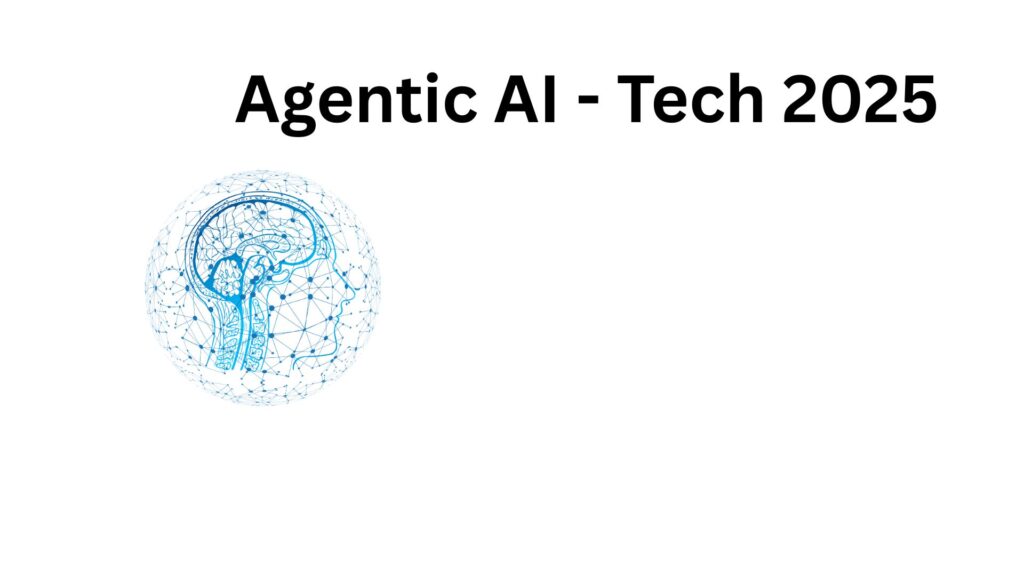To me, technology goes beyond innovation; it shapes how we interact, work, and experience the digital world.
Introduction
Computing is changing faster than ever. As we look toward 2026, quantum computing is turning from an idea into real-life use. What once seemed like a something that once felt like science fiction is now being tested for handling tough problems in fields such as banking, health, security, and transport.
In this article, we’ll explore what quantum computing might look like in 2026, real use cases that are emerging, and how companies can get ready to take advantage.
What is Quantum Computing?
Quantum computing uses the unusual rules of quantum physics—superposition, entanglement, and interference—to handle information in a completely new way than classical computers. Instead of bits (0 or 1), quantum computers use qubits which can show many possible answers at the same time.
This allows them to solve some kinds of problems much faster than even the best classical machines. But the the hurdles are still big too: fixing errors, reducing noise, and building stable systems are all big hurdles.
Real Use Cases for 2026
1. Optimization in Logistics & Supply Chain
Quantum computing can help solve delivery routes, stock control, and vehicle planning much more efficiently. For example, for a company managing thousands of deliveries, classical algorithms may take too long to find the best route. Quantum optimization can find better routes much faster.
2. Drug Discovery & Chemistry
copying how molecules behave is one of the areas quantum computing promises to completely change. Traditional computers struggle to study big molecules that are hard for normal computers. A quantum computer could model interactions more accurately,speeding up the making of new drugs or materials.
3. Finance & Portfolio Optimization
In finance, quantum algorithms might help improve investment plans, detect fraud, or forecast markets. A quantum computer could check many investment options much faster than current tools.
4. Cryptography & Security
Quantum computers threaten current encryption methods because of algorithms like Shor’s algorithm, which could break widely used today’s digital lock systems. That’s why new security systems safe from quantum attacks is becoming important.
5. Material Science & Energy
Quantum computing could help design better batteries, superconductors, or catalysts by study materials at the tiniest level. This could help make eco-friendly tech and more efficient energy systems.
Business Impact & Strategy
Early Movers Gain Advantage
Businesses that start learning about quantum computing now—through partnerships or small test projects—are more likely to get ahead. The tech won’t be common yet, but having understanding, systems and skilled people ready will give results. PwC says companies should start planning for quantum today.
Hybrid Quantum-Classical Systems
For the near future, quantum computers will not fully replace classical machines. Many applications will use a mixed setup —classical systems doing normal work, and quantum parts solving specific hard computer problems.
Infrastructure & Talent Investment
Quantum computing requires special machines and very low-temperature environments (super-cold systems). Also, businesses will need scientists and engineers who understand quantum algorithms,fixing calculation mistakes , and writing programs for quantum computers .
Risk & Ethical Considerations
With great power comes risk. Quantum can shake up current businesses and security systems. Companies must deal with moral issues, data privacy, and fair access for everyone so the benefits reach more people, not just a few companies .
Challenges & Limitations
- Hardware problems and errors: Quantum systems are very fragile. Qubits lose stability easily due to environmental noise.
- Growing system size: Building systems with many qubits is difficult.
- Cost: Quantum hardware, cooling systems, and maintenance are expensive.
- Regulation & Standards: The rules and laws for quantum computing is still unclear.
- Misuse Risk: As with any powerful tool, quantum might be used in harmful ways —for example breaking encryption for bad intentions.
What to Expect in 2026 & Beyond
- More test projects in major industries (finance, pharma, logistics).
- Cloud quantum services will be easier to use, letting small companies use quantum power without owning hardware.
- Better error correction techniques, pushing toward more reliable quantum computers.
- Growing emphasis on future-safe security systems to protect data from quantum attacks.
- Governments and large corporations will start national projects for quantum tech to control infrastructure and policies. McKinsey estimates quantum tech market could grow to be worth billions by 2035.
Final Thoughts
Quantum computing in 2026 won’t be everywhere yet, but it will start showing real results. From logistics to cryptography, drug discovery to finance, the businesses that get ready early will gain first .
For businesses,the way ahead is simple :learn, try, and invest . The next computing revolution is coming, and quantum tech could drive that.
Enjoyed this article? You might also find my previous post helpful: [https://techhorizonpro.com/best-privacy-first-ai-apps-2026/ ]
Authored by Muhammad Zeeshan, sharing honest, practical insights on technology, innovation, and the digital world.
If this guide helped you, explore another related article for more useful tech knowledge.




Pingback: Top Wearable Gadgets 2026: Health, Vision & AR Innovations